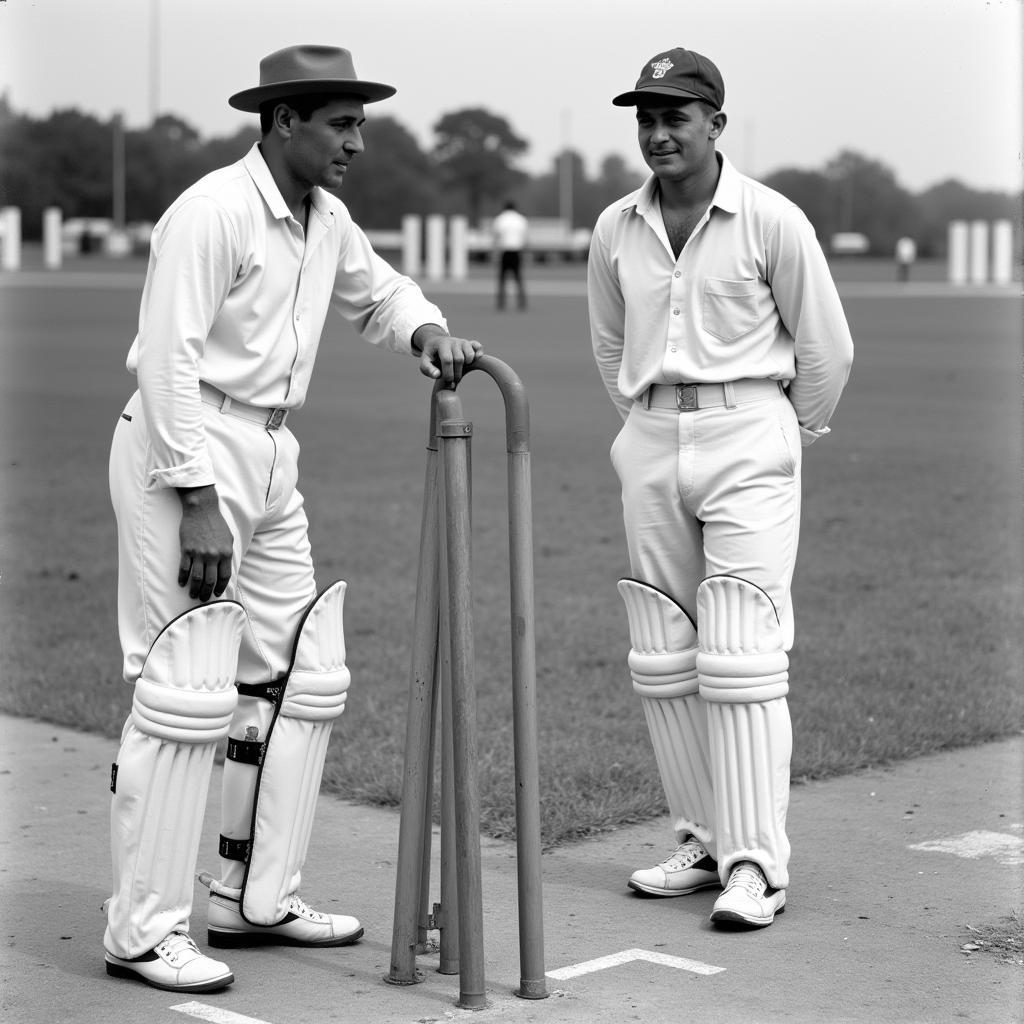Unveiling African Historiography: Exploring Narratives of the Past
African Historiography, the study of the writing of African history, offers a fascinating journey into the continent’s rich and complex past. It challenges Eurocentric perspectives and unveils diverse narratives shaped by African voices and experiences. This exploration delves into the methodologies, challenges, and evolving trends within African historiography, offering a comprehensive understanding of its significance in shaping our understanding of Africa’s past, present, and future.
Decolonizing the Narrative: Reclaiming African History
For centuries, the narrative of African history was largely dominated by colonial perspectives, often portraying the continent as a place without a history before European arrival. African historiography emerged as a crucial tool in dismantling these biased narratives. Scholars began to challenge Eurocentric interpretations, emphasizing the importance of indigenous knowledge systems, oral traditions, and archaeological evidence to reconstruct a more authentic and nuanced understanding of the African past. This involved challenging the very foundations of historical methodologies that prioritized written sources, opening up new avenues for exploring African history through diverse forms of evidence.
African historiography emphasizes the agency of African peoples in shaping their own destinies, highlighting their resistance to colonial rule, their sophisticated political and social structures, and their rich cultural heritage. This reclaiming of the narrative is not merely an academic exercise but a vital process of cultural affirmation and empowerment.
Methodological Approaches in African Historiography
The study of African historiography encompasses a wide range of methodologies. While acknowledging the value of written sources, especially those produced by Africans themselves, scholars also draw upon a variety of other sources, including oral traditions, linguistic analysis, archaeology, and art history. Oral traditions, passed down through generations, offer invaluable insights into pre-colonial societies, social structures, and cultural practices. Archaeological discoveries provide tangible evidence of past civilizations, trade routes, and technological advancements. By combining these diverse sources, African historiography constructs a more holistic and multi-faceted understanding of the African past.
The use of interdisciplinary approaches is crucial in enriching African historiography. By integrating insights from fields like anthropology, sociology, and linguistics, scholars can gain a deeper understanding of the cultural context and social dynamics that shaped historical events.
Challenges and Future Directions in African Historiography
Despite significant advancements, African historiography still faces numerous challenges. Limited access to archival materials, the fragility of oral traditions, and the ongoing impact of colonialism on research frameworks continue to pose obstacles. However, the field is constantly evolving, with new digital technologies and collaborative research initiatives offering exciting possibilities for expanding our knowledge of African history. The increasing availability of digitized archives, online databases, and collaborative platforms facilitates greater access to historical sources and promotes international scholarly exchange.
Moreover, there’s a growing emphasis on incorporating indigenous perspectives and knowledge systems into research methodologies, further decolonizing the study of African history.
“The future of African historiography lies in embracing collaborative research, incorporating indigenous knowledge, and utilizing digital technologies to access and preserve historical sources,” states Dr. Amina Kenyatta, a renowned historian specializing in East African history.
What are the primary sources used in African historiography?
African historiography utilizes a diverse range of sources, including oral traditions, archaeological findings, linguistic analysis, and written documents, both from within and outside Africa.
Why is African historiography important?
African historiography is crucial for challenging Eurocentric biases, reclaiming African narratives, and fostering a more accurate and nuanced understanding of the continent’s past, present, and future.
“African historiography is not just about the past; it’s about shaping our understanding of the present and empowering future generations,” adds Professor Kwame Nkrumah, a leading scholar in African Studies.
Conclusion: Embracing the Complexity of African History
African historiography continues to evolve as a vibrant field of study, challenging conventional narratives and offering a more nuanced and comprehensive understanding of the African past. By embracing diverse methodologies, incorporating indigenous perspectives, and addressing existing challenges, African historiography empowers us to engage with the richness and complexity of African history. Further exploration of African historiography will undoubtedly lead to a deeper appreciation of the continent’s historical trajectory and its ongoing contribution to global history.
FAQ
- What is the meaning of African historiography? African historiography is the study of how African history has been written and interpreted.
- Why is oral tradition important in African historiography? Oral tradition plays a vital role as a primary source of historical information, especially for pre-colonial periods.
- What are some of the key themes in African historiography? Key themes include decolonization, cultural identity, resistance to colonialism, and the impact of the slave trade.
- How does African historiography differ from European historiography? African historiography often incorporates a wider range of sources beyond written documents, such as oral traditions and archaeology.
- Who are some prominent African historians? Prominent African historians include Ngugi wa Thiong’o, Chinua Achebe, and Cheikh Anta Diop.
- What are the current trends in African historiography? Current trends include the use of digital technologies, collaborative research, and a focus on indigenous knowledge systems.
- How can I learn more about African historiography? You can explore academic journals, books, online resources, and museums dedicated to African history and culture.
Need More Help?
For further assistance or inquiries regarding African history and culture, please don’t hesitate to contact us. Call: +255768904061, Email: [email protected] Or visit us at: Mbarali DC Mawindi, Kangaga, Tanzania. Our customer service team is available 24/7.

